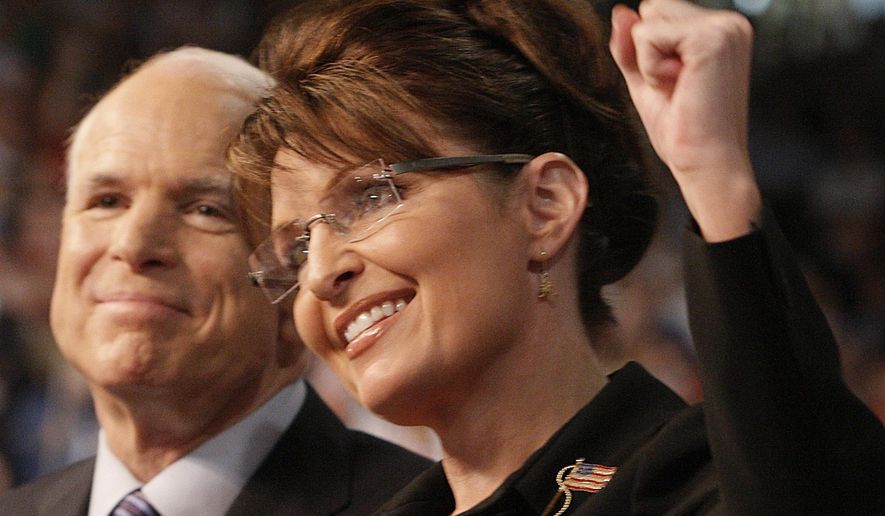In recent election cycles, the choice of running mate has garnered major attention, leading to days of speculation about whom will be the pick. Pundits pontificate on which potential vice presidential candidate will best help the top of the ticket. Should it be a woman? Or a person of color? Or should the running mate help win a crucial swing state?
Maybe the more important question is: Does it really matter? Historians say there’s little evidence voters make up their minds based on the vice presidential nominees. People vote for the top of the ticket, because vice presidents have no power.
In this episode of History As It Happens, historians Jeremi Suri and Jeffrey Engel discuss whether VP picks provide any advantages for a campaign. They also bring up some of the worst moments in recent memory, as when Ross Perot’s running mate in 1992, Admiral James Stockdale, looked totally out of place on the debate stage against the incumbent Vice President Dan Quayle and Sen. Al Gore.
“What the vice presidential [selection] does as essentially the first presidential or executive decision by the candidate, it sets the tone for the campaign but also for what they believe their administration is going to be,” said Mr. Engel, the founding director of the Center for Presidential History at Southern Methodist University. “So nobody actually votes for the vice president, but the pick is extraordinarily important for the campaign.”
Mr. Suri, a scholar at the University of Texas at Austin, said vice presidents were largely irrelevant in earlier years, before the dawn of television. “As we come closer to the present in more a video and media age, and now that we’re in the age of memes, the image of the candidate is very much affected by the judgment they show in whom they pick,” he said.
The two historians identified one election in which the vice presidential running mate may have made the difference on Election Day. In 1960, John F. Kennedy selected Lyndon Johnson to help Kennedy in the South.
History As It Happens is available at washingtontimes.com or wherever you find your podcasts.




